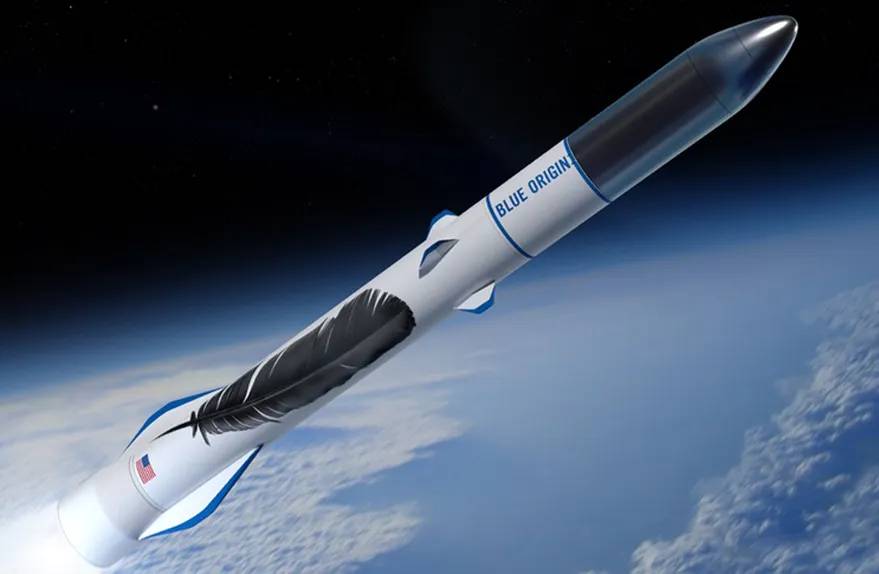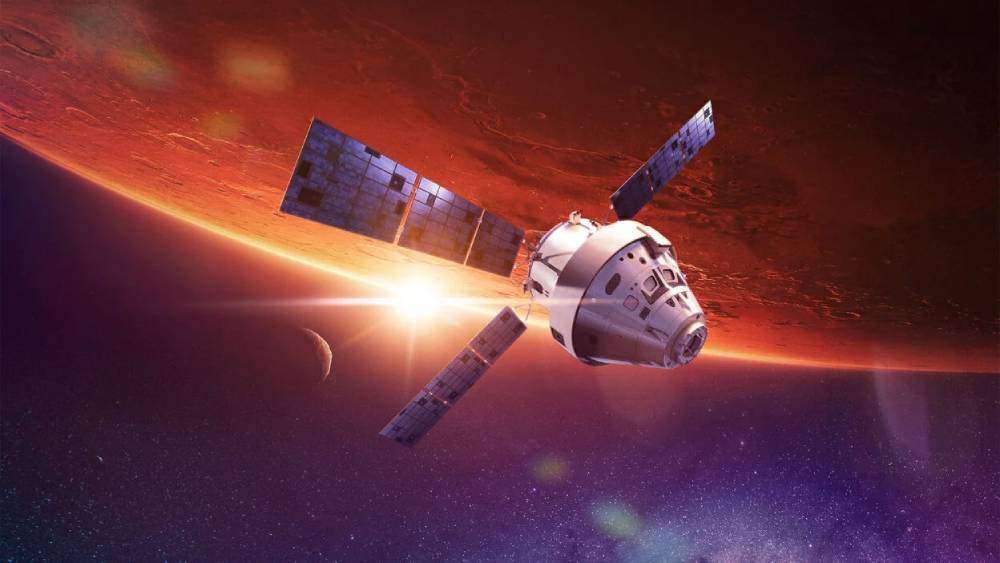
How to Understand the Space Race Between Elon Musk and Jeff Bezos
In recent years, interest in space exploration has resumed again, largely thanks to Elon Musk’s SpaceX and Jeff Bezos’s Blue Origin. This feud is not only between wealthy entrepreneurs; it’s a pivotal point in humans’ venture into space. As these leaders compete, they are reshaping commercial space travel and extending our reach into the cosmos.
Both companies have lofty ambitions: Musk wants to colonise Mars, while Bezos envisions permanent human life in space. Their different methods and tech advancements are speeding progress in reusable rockets, lunar landers, and space habitats. This guide looks at how their competition shapes the future of space exploration.
Key Benefits: Why This Competition Matters

The Dawn of a New Era in Space Exploration
The clash between SpaceX and Blue Origin signals a significant change in space exploration. In the past, space missions were mainly run by government agencies like NASA. Private companies are pushing limits with innovations that make space more accessible and commercially viable.
Real-Life Applications
- Cost Reduction: SpaceX’s reusable rockets cut launch costs, making space missions appealing for businesses and researchers.
- Innovation Acceleration: The rivalry fuels rapid advancements, like SpaceX’s Starship and Blue Origin’s New Shepard, improving reusability, safety, and mission options.
- Commercial Opportunities: Space tourism, asteroid mining, and private payload delivery create new revenue streams, boosting private sector involvement in space.
- Infrastructure Development: SpaceX’s Starship and Blue Origin’s Blue Moon lunar lander lay the groundwork for a sustainable space economy, paving the way for lunar bases and deep-space missions.
Data-Backed Insights
A Space Foundation report shows that the global space economy grew by 4.4% in 2020, hitting £345 billion. Private companies like SpaceX and Blue Origin drive much of this growth, highlighting the impact of their rivalry.
Pro Tip:
Investing in space-based industries, like satellite technology and space tourism, can be a lucrative opportunity as commercial space travel grows.
Quick Guide: The SpaceX vs. Blue Origin Showdown

1. Vision and Goals
SpaceX:
- Musk’s primary goal is to make life multi-planetary, focusing on Mars colonisation.
- Plans to build a self-sustaining city on Mars, using Starship for travel and resource development.
- Believes expanding into space is vital for humanity’s long-term survival.
Blue Origin:
- Bezos envisions millions living and working in space, focusing on sustainability.
- Aims to build space infrastructure, like New Glenn and Blue Moon, for lunar exploration.
- Supports a gradual expansion into space, starting with space tourism.
2. Technological Innovations
Reusable Rockets:
- SpaceX: Falcon 9 and Falcon Heavy transformed space travel by cutting costs.
- Blue Origin: New Shepard and New Glenn focus on efficiency, safety, and steady improvements.
Spacecraft Development:
- SpaceX: Starship is made for deep-space missions, carrying cargo and humans to the Moon and Mars.
- Blue Origin: Blue Moon will support NASA’s Artemis program and long-term lunar missions.
Space Habitats:
- Blue Origin: Creating Orbital Reef, a commercial space station for research and tourism.
- SpaceX: Starship could serve as a transport hub for deep-space colonisation.
3. Milestones and Achievements
SpaceX:
- First private company to send a spacecraft into orbit.
- First private company to dock with the International Space Station (ISS).
- Developed Starlink, a global satellite internet network.
- First private company to send astronauts to the ISS with Crew Dragon.
Blue Origin:
- Successfully launched and landed New Shepard for suborbital tourism.
- Secured NASA contracts for lunar lander development.
- Developing Orbital Reef, a planned commercial space station with Sierra Space.
Additional Expert Tips & Common Mistakes to Avoid

Best Practices Beyond the Basics
- Collaboration with Government Agencies: SpaceX and Blue Origin work with NASA to develop advanced technology and meet regulations.
- Sustainability Focus: Investing in eco-friendly rocket technologies is crucial for long-term space exploration.
Common Mistakes & Misconceptions
- Underestimating Safety Risks: Ensuring safety for passengers and crew is vital. Ignoring safety can lead to regulatory issues.
- Overlooking Space Debris Management: More satellites mean debris control is a priority for both companies.
Important Tip:
Future missions must use robotic maintenance systems to service satellites and cut down on orbital debris.
Advanced Insights & Expert Recommendations
1. International Collaboration
- As private spaceflight grows, global partnerships will be key for regulatory oversight, ethical governance, and fair resource distribution.
2. Ethical Considerations
- Space exploration raises issues about environmental responsibility, ownership rights, and militarisation risks.
- Clear international agreements must guide responsible space expansion.
3. Space Debris Management
- More launches mean collision prevention and de-orbiting strategies are essential.
- Companies are developing self-deorbiting satellite technology for long-term sustainability.
Frequently Asked Questions:
- How do SpaceX and Blue Origin differ in their approach?
- Will space travel become affordable for ordinary people?
- Who wins the space race—SpaceX or Blue Origin?
- What’s next for space travel?
SpaceX focuses on deep-space colonisation, while Blue Origin emphasises gradual space habitation and infrastructure.
Prices will drop over time, but space tourism remains expensive. Companies hope to reduce costs through innovation and mass adoption.
SpaceX leads in achievements and operational launches, while Blue Origin is steadily building infrastructure for the future.
Future developments include lunar bases, space hotels, and asteroid mining as companies push beyond Earth’s orbit.
Secret Tip: Keep an eye on private space companies beyond SpaceX and Blue Origin. Emerging players like Rocket Lab, Relativity Space, and Sierra Space are developing game-changing technologies that could disrupt the industry. Early investments or partnerships in these ventures might offer huge opportunities as the space economy expands.
The Future of Space Travel
The Elon Musk/Jeff Bezos rivalry is more than a personal duel—it embodies human creativity and ambition. Through innovative work, they are paving the way toward a future where we work, explore, travel and even live in space.
However, space colonisation should be planned from a financial and ethical standpoint. Space should be accessible to all, not just the rich. Global cooperation, sustainability, and equal access will be the actual test of commercial space endeavours.
“Space is no longer just for astronauts. It’s for the entrepreneurs, the scientists, the dreamers. The real question is: What part will you play in the future of space exploration?”


